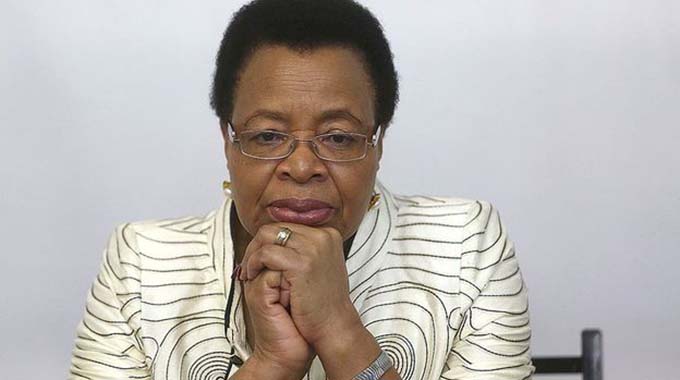Act now or a billion young Africans will be undone by 2050 – Graca Machel

JOHANNESBURG. – Nelson Mandela’s widow Graça Machel, has warned Africa could become the continent of a billion “angry, underfed, under-educated and under-employed” young people by 2050, unless African governments act to invest in their children.
In advance of the publication of a major report on child rights across Africa, Graça Machel has expressed concern that a “toxic combination” of undernutrition, poor education and the world’s fastest-growing youth populations pose a threat to the continent’s future.
“Even though our youth have the potential to transform Africa, if neglected, they could exacerbate poverty and inequality while threatening peace, security and prosperity,” said Machel, chair of the international board of trustees of the African Child Policy Forum (ACPF), which will publish the 2018 Africa Report on Child Wellbeing on Friday.
The report, which ranks 52 nations on how they are meeting child rights under international conventions, warns that massive investment is needed to prevent a billion children and young people from becoming undernourished, semi-illiterate or illiterate, and jobless or underemployed by 2050. Africa’s child and youth population is predicted to reach 750 million by 2030, and one billion by the middle of the century – representing approximately 40 percent of the global child and youth population.
The ACPF report, which analysed progress on the “child-friendliness” index of African governments over the past decade, highlighted “remarkable improvements” in the survival and overall wellbeing of African children. These included an almost 50 percent reduction in child mortality over 15 years and increased access to primary education. But the study expressed concern that child malnutrition and substandard education in many counties was creating a “crisis” in human development for the future.
“Africa is on the verge of a serious human development crisis, which carries grave consequences for the social and economic wellbeing of its people and for the future of the continent,” said the report’s authors.
“There are many reasons for concern,” said Dr Assefa Bequele, the ACPF’s executive director. “Undernutrition remains a serious and persistent problem. It is the single biggest challenge for Africa’s children. Stunting remains unacceptably high, at 30.4 percent.
“Up to half of all deaths in under-fives are associated with undernutrition. And while African children may attend school in large numbers, they are not learning. Two in every five children leave primary school without learning how to read, write or do simple arithmetic.”
The report named the 11 most child-friendly governments as Mauritius, Algeria, Tunisia, South Africa, Cabo Verde, Egypt, Namibia, Seychelles, Swaziland, Morocco and Lesotho.
South Sudan, Central African Republic, Chad, Cameroon, Zambia, Liberia, the Democratic Republic of the Congo, Guinea and Eritrea were rated the least child-friendly countries.
Rankings are based on indicators including nutrition, education, budgets and social protection.
Spending on education across Africa has stagnated at an average of four percent of GDP over the past two decades, the study found. More than half of all girls do not attend secondary school. Zambia and Central African Republic allocated just one percent of GDP to education, while Lesotho and Botswana spent more than 10 percent.
Child undernutrition cost Ethiopia 16.5 percent of its GDP – and 5.6 percent in Uganda – said the report.
In this photo taken January 18, 2018, recently displaced children sheltering in a rundown building look through the fence toward the market in Akobo town, one of the last rebel-held strongholds in South Sudan. South Sudan’s opposition is threatening to resort to “guerrilla warfare” if peace talks fail
The study found that while many countries have laws, policies and institutions governing child rights, many laws are discriminatory and inconsistent with international standards. The continuing incidence of child labour, child marriage and violence against children showed a wide gap between rhetoric and action, as well as poor enforcement of laws.
For instance, while 36 out of 52 countries set the marriageable age at 18 or above for both sexes, three in 10 African children are married before the age of 18. In Sudan, girls as young as 10 are allowed to marry.
The report’s authors called for urgent action to tackle undernutrition and poor education, as well as more job creation and greater economic opportunities for young people. – The Guardian










Comments